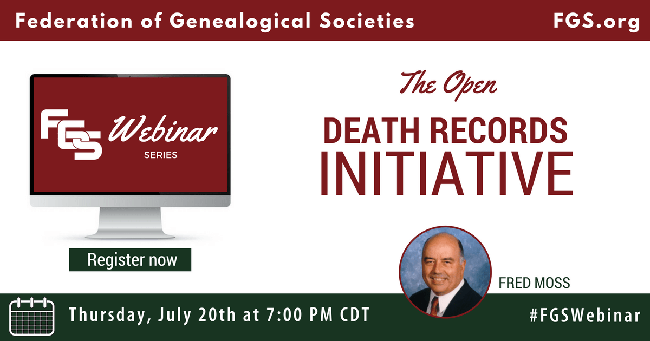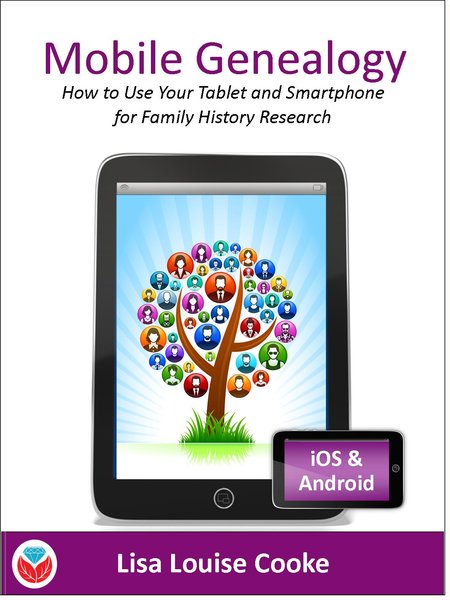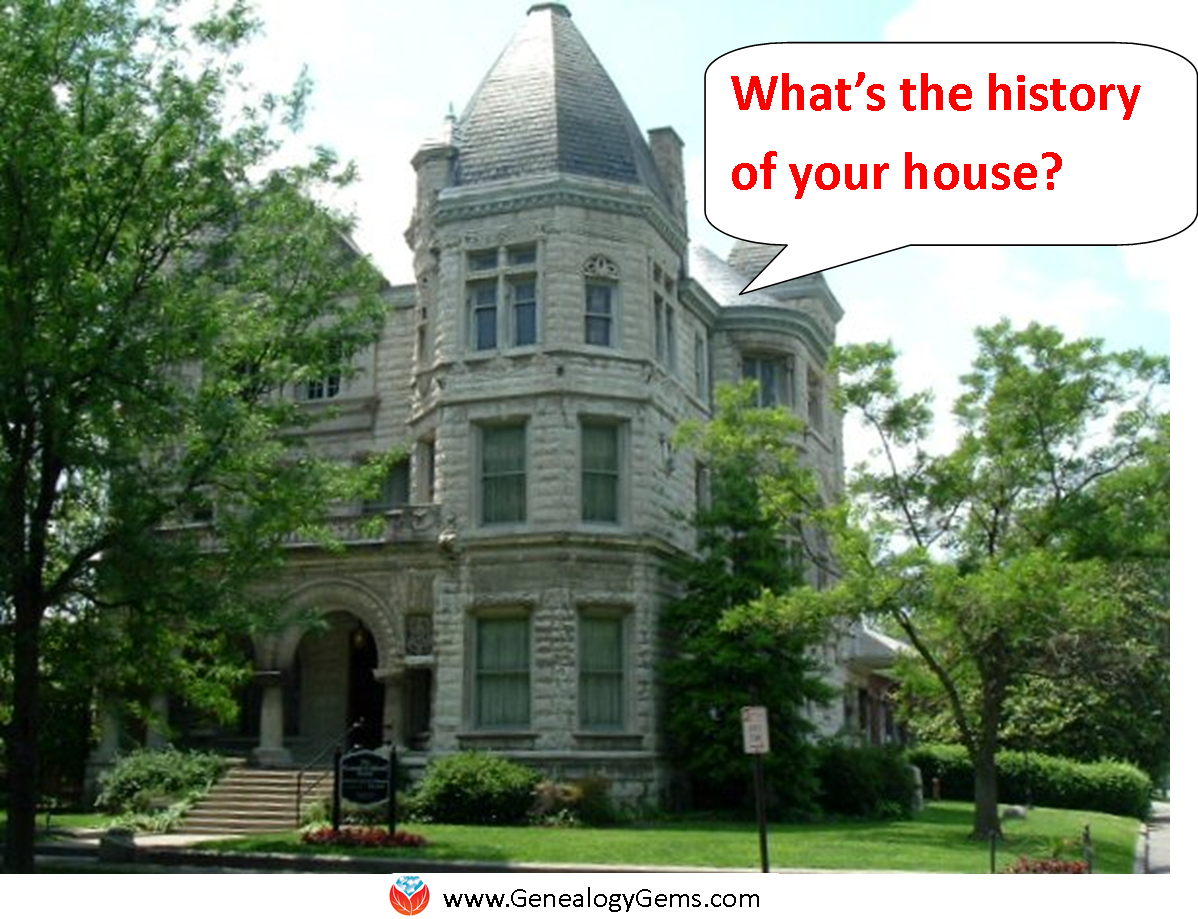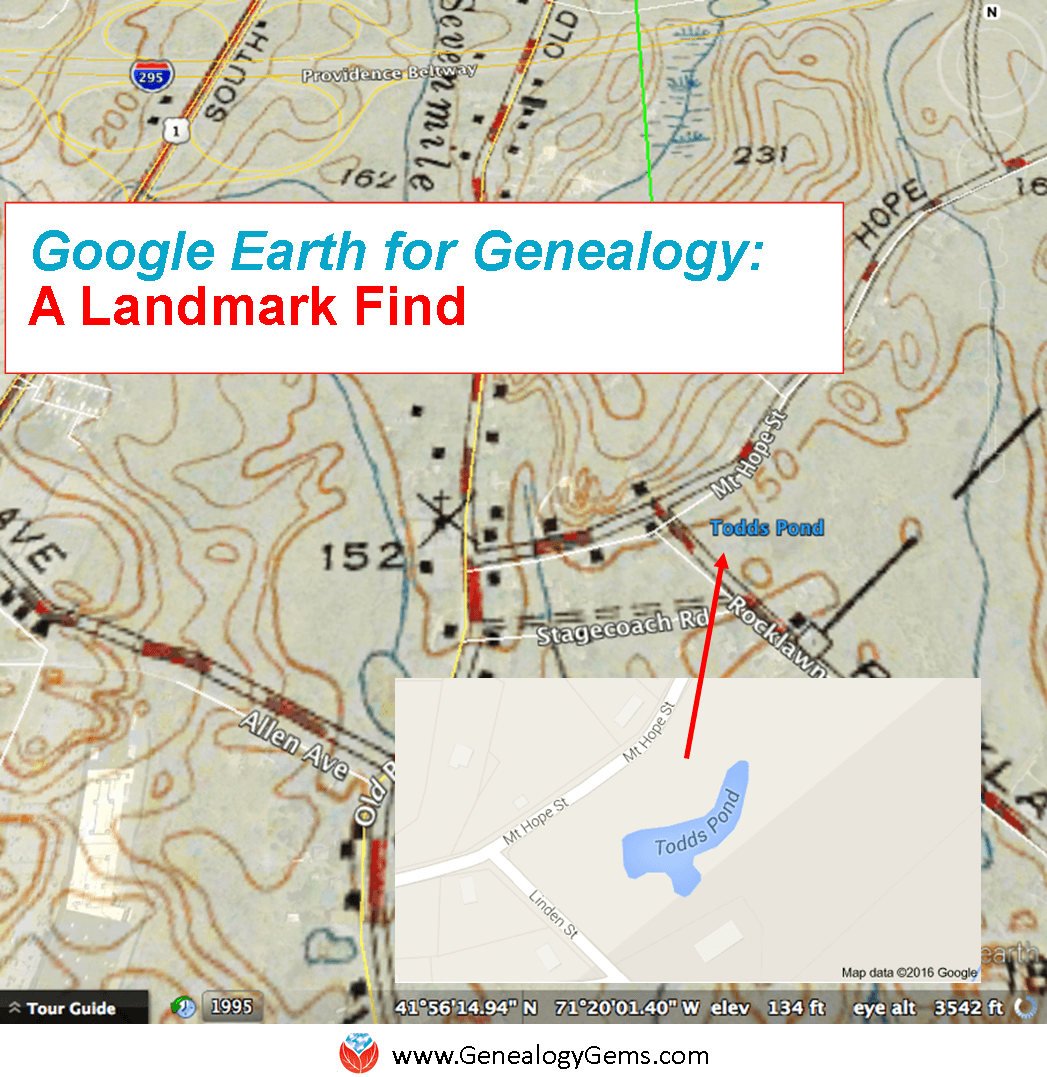FGS Webinar Series on Society Management Begins Soon
The FGS Webinar Series on Society Management has just been announced and it’s starting soon. This new free webinar series is focused on the leadership and management of non-profit societies. If you belong to a genealogical society you’ll want to let your leadership know about this opportunity from the The Federation of Genealogical Societies. Read on for more from FGS.

FGS Webinar Series Details
Press Release: July 12, 2017 – Austin, TX.
The Federation of Genealogical Societies (FGS) announces the launch of their Society Management webinar series, scheduled to begin July 20, 2017. This series of free events will bring a much-needed aspect to the array of learning opportunities currently provided in the genealogical community, focusing solely on the leadership and management of non-profit societies.
The series will begin July 20, 2017 at 7:00pm central with a presentation by Fred Moss discussing The Open Death Records Initiative. The August session will feature David Rencher, CG, presenting on the best practices – and challenges – surrounding The Nominating Committee.
Each month thereafter will feature a new and interesting topic, ranging from recruitment and volunteer management to technology, publications, and working with your local tourism board. Registration will be necessary, and regular updates will be shared via the FGS Voice blog, FGS Voice Newsletter, and social media. Webinars will occur every 3rd Thursday of the month.
Registration for the July program can be found here.
Speakers interested in presenting topics should contact Jen Baldwin, Education Chair, at education@fgs.org.
More Support for Genealogical Societies
 Finding affordable quality programming is probably one of the biggest challenges genealogy societies face.
Finding affordable quality programming is probably one of the biggest challenges genealogy societies face.
Genealogy Gems for Societies is an annual premium subscription service just for genealogical societies and groups* (such as libraries). This is a cost-effective way for your group to provide quality family history video presentations by internationally-renowned speaker Lisa Louise Cooke at your regular meetings.
With a society subscription, your group may show video recordings of Lisa’s most popular classes! This applies to group presentations for a single location, one video per event–but with more than a dozen 50-60 minute videos, several more 25-30 minute videos and a growing number of quick video tips (4-15 minutes), you’ll have plenty of video classes to show all year long! Click here to see a full list of videos available to societies. (Videos are not for individual use by society members.)
In addition, society subscribers receive:
- Permission to republish articles from our extensive article archive in your society newsletter (your editor will LOVE this feature!)
- 10% discount for your society on live seminars by Lisa Louise Cooke
- 10% discount code for your society members to use in the Genealogy Gems Store (details will be sent to your society membership email address after purchase)
- BONUS: exclusive digital PDF ebook of a collection of Lisa’s most popular articles from Family Tree Magazine! Share this in the members-only section of your group’s website (or if you don’t have a members-only section, your Programming Director may keep it and enjoy).
All of this costs only $199.00 a year—about the cost of one typical webinar! Click here for more details and ordering information.
Please support your local genealogical society or group by sharing this post with them by email or social media. Thank you! You’re a Gem.
Link Your Home Movies to Your Family Tree
 More old home movies are being digitized and more historical footage is coming online. Do you know how to integrate these with your family tree or blog? Wouldn’t it be great to show that you found great-grandpa in four censuses, the SSDI and a 1937 news reel showing him driving his fire truck? (That really did happen to me. Click here to read about it and see the footage.)
More old home movies are being digitized and more historical footage is coming online. Do you know how to integrate these with your family tree or blog? Wouldn’t it be great to show that you found great-grandpa in four censuses, the SSDI and a 1937 news reel showing him driving his fire truck? (That really did happen to me. Click here to read about it and see the footage.)
Here a few ways you can share your old family footage online:
1. If you have have a free Google account, then you have a free YouTube channel! You can upload old footage as well as movies YOU make of still images. Then you can use the Share > Embed feature to include the video on your own genealogy blogs. Click here to watch an inspiring video Lisa made about her ancestor, a nurse in training.
2. If you have Legacy Republic digitize your old family movies, you can upload them through your Legacy Republic account into your FamilySearch family tree. (Click here to watch a video about how it works.)
3. Add an online video source citation to your Ancestry tree. Create a new source in an ancestor’s individual profile. The Source Citation section asks for any URL related to this citation. Enter the URL. Then it asks whether you have media items to attach. You will be walked through the process of uploading video from your own computer. If you choose the option to record a video, Ancestry will access your computer’s microphone and camera and record you speaking for up to 12 minutes.
![]() Wish you knew more about how making or finding family footage? Learn more here:
Wish you knew more about how making or finding family footage? Learn more here:
- Genealogy Gems Premium members can click here to access a Premium podcast and video on how to create your own family history video (learn more about Premium membership here).
- Click here to watch Lisa’s free YouTube series about blogging your family history or click here to listen to free Family History Made Easy podcast episodes about genealogy blogging (episodes 38-42).
- Learn about finding and using old film footage on YouTube and other websites in the updated-for-2015 2nd edition of The Genealogist’s Google Toolbox (there’s an entire, expanded chapter on YouTube that inspired my own find of that 1937 newsreel).
How to Find Genealogy Apps: New Premium Video
There’s a new video tutorial on genealogy apps for Genealogy Gems Premium website members: “How to Find Essential Genealogy Apps for Genealogists.”
What are the best apps for genealogy? The ones that accomplish whatever you want to GET DONE. Like:
- consulting
- working on your family tree
- translating an old church register
- digitally restoring an old photo.
- Having your mobile device read you an e-book or blog post (yes, you can do this for free).
But to make the most of the many mobile tools out there for the genealogist, you need to strategically look for them rather than hope you stumble across them. Because most of them aren’t conveniently marked “for the genealogist.”
A new 36-minute video tutorial by leading tech genealogy educator Lisa Louise Cooke shows you how to get the most out of your mobile device for genealogy. In “How to Find Essential Genealogy Apps for Genealogists (and 3 to Start Using Right Away)” she covers:
- How to identify mobile-friendly tasks you want to accomplish;
- Apps that every genealogist can enjoy right away;
- Knowing where to look for apps;
- Automating the process of finding apps; and
- How to keep from purchasing apps you don’t need.
Get the Book! 
These tips are taken from hundreds of hours of research and testing Lisa put into her new book Mobile Genealogy: How to Use Your Tablet and Smartphone for Family History Research.
Save 10% off Mobile Genealogy
with Coupon code web10
Premium Membership
 The How to Find Essential Genealogy Apps for Genealogists video is one of nearly 30 full-length video tutorials (and an Evernote mini-series tutorial) that you will have access to as a Genealogy Gems Premium Member. To learn more about membership, click here.)
The How to Find Essential Genealogy Apps for Genealogists video is one of nearly 30 full-length video tutorials (and an Evernote mini-series tutorial) that you will have access to as a Genealogy Gems Premium Member. To learn more about membership, click here.)
More on Genealogy Apps and Mobile Genealogy
How to Use Your Mobile Device for Genealogy: Free Video
3 Tips for Getting the Most Out of Your Mobile Device
Tools to Highlight Your Great Genealogy Finds: Snagit and Skitch
Discover Your House History: “If These Walls Could Speak”
A “house history” can tell you more about the house you live in–or your ancestor’s home. Here’s how.

Are you curious about the history of the house you live in, or would you like to trace the history of a family property? The online article “How to Research Your Home’s Past” by Charity Vogel has some great ideas. It’s not written for family historians, but I like some of the ideas it suggests:
1. Pull a full history of home ownership off your deed. (Historical deeds may not have these. But each deed does represent a link in the chain of property ownership: you should be able to move forward and backward in time in deed records until you’ve listed all owners.)
2. Use census records to learn more about other folks who lived in your home. Remember you’ll be able to see how many people lived there, and, for some census years, whether they owned or rented.
3. Watch for unusual patterns of ownership. For example, a deed showed sisters co-owning a home in the 1930s. Additional research showed that the sisters were nurses and ran the house as a community hospital. How cool is that to know about a house?
4. If it was a grand or unusual home, see whether the newspapers covered its construction. The author of the article found an 1898 article that detailed the entire five-month building process of her house!
Last year I shared an applicable research strategy in my blog post A Shocking Family Secret, and 3 Powerful Newspaper Research Tips about researching our ancestors and where they lived. By searching on their home address, and not including their name, you can uncover “a kind of house history set of search results, revealing who lived there before, descriptions of the home and its contents and who moved in after your ancestors left. In my case, I located an article about the Cooke home (by the address) being up for sale several years before they owned it. That article included a fairly detailed description of the property. The final article found in the British newspapers was also found only by address (as the Cooke name wasn’t mentioned) and it detailed the contents of their household up for sale. The auction was held in preparation for their move to Canada.” (Click here to learn more about finding your family history in newspapers.)
While looking for more on this topic, I came across a great newspaper article about three researchers who specialize in house histories. They said that in addition to the personal satisfaction of knowing about a family home, “A bit of history and story makes it much easier to sell: it attracts a certain buyer.”
Here are a few more helpful resources, if you’d like to research your house history:
Discovering the History of Your House and Your Neighborhood
by Betsy Green
- House Histories: A Guide to Tracing the Genealogy of Your Home
by Sally Light
More House History Gems: Researching a Family Residence
Ancestral Landmark Discovery with Google Earth

How to Find a Family Address: 4 Steps to Using Google Earth for Genealogy
